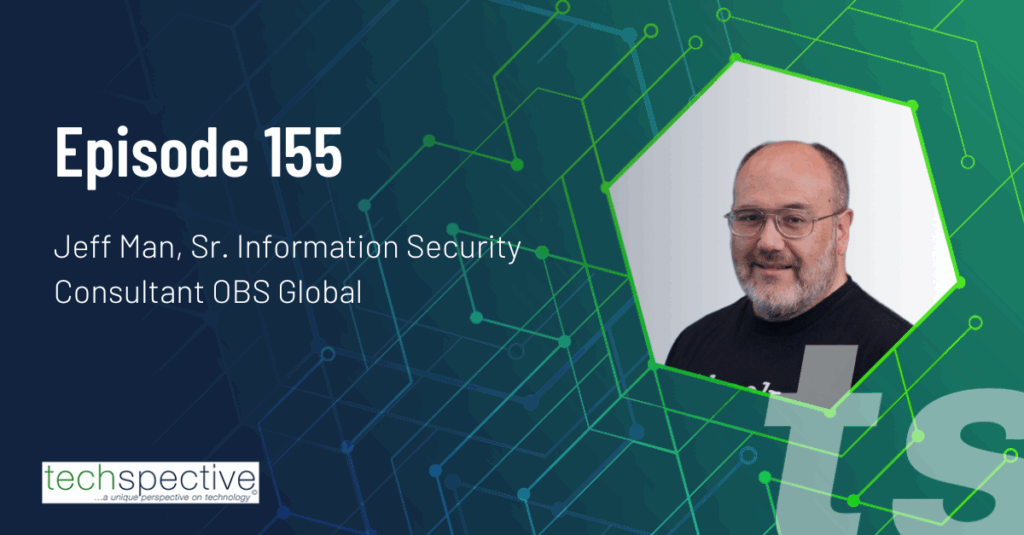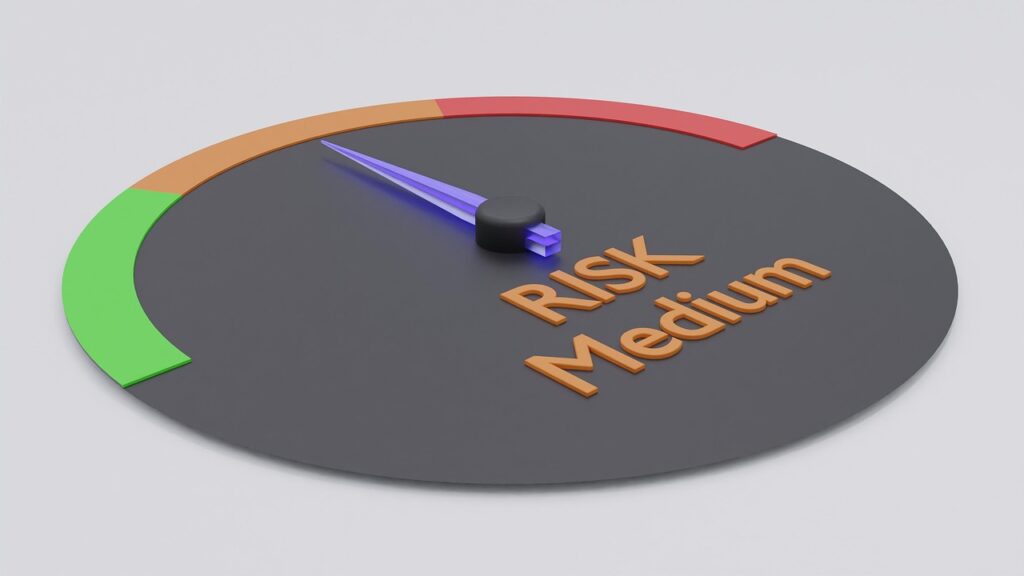Generative AI is a huge and fast-moving event in the market, so most companies don’t know how to implement it properly yet. Microsoft, which effectively drove generative AI into the broader market, and IBM, which was first to create an enterprise-grade AI solution with Watson, have recently decided to partner in order to collaboratively combine their collective knowledge to help companies deploy the technology. How better than IBM Consulting to do that given it has the most experience in deploying enterprise-grade AI to date?
Let’s explore this critical partnership this week.
Microsoft and IBM’s rocky relationship
IBM and Microsoft have had a rocky relationship over the years. Microsoft started out as an IBM partner that provided DOS and then Windows to IBM when IBM launched its PC Company and got the non-Apple PC market off the ground. Then OS/2 came out and Microsoft realized the market wasn’t ready and wanted to retrench on Windows while IBM wanted to use OS/2 as a lever to take control of the market. Microsoft realized that not only wouldn’t that work but, even if it did, it would relegate Microsoft to a permanent subordinate of IBM, and that just wasn’t in the cards.
IBM and Microsoft fought about it, but Microsoft had the advantage because, toward the end of the 1990s, the two companies had largely traded places so Microsoft, not IBM, was the dominant player while IBM was recovering from nearly going out of business.
I met with Microsoft’s then-CEO CEO Steve Ballmer during that time. He told me about a golf game he’d had with IBM’s then-CEO Louis Gerstner during which Gerstner was cordial but looked at him like, given a chance, he’d cut off Ballmer’s head and poop down his neck (Ballmer used different wording). IBM tried to create two companies with Apple, but both failed. In the early 2000s, IBM embraced Linux and used the platform to help do significant damage to Microsoft’s dominance, which was mostly at risk due to Microsoft’s own mistakes.
In effect, as we entered this decade, both companies had gone, at different times, through some of the very same problems (mostly internally created), and they seemed much more willing to understand where the other company was coming from. As Microsoft also embraced Open Source and, amazingly, Linux, there arose another opportunity to partner with generative AI.
The best partnerships
I’ve covered and studied partnerships over the years. Most of them fail because the partners aren’t at all in sync about expectations or even why they partnered in the first place. The partnerships that tend to work out are between companies that have similar backgrounds and who are on the same page with respect to the benefits of the partnership and recognize that their success in the joint effort requires that both partners succeed.
This is what I call a mature partnership, and it is likely to last longer than a partnership of convenience, which is what the old OS partnership was. That partnership had an unstable foundation where IBM treated Microsoft as a subordinate, not a peer, while this latest partnership is one of not only peer companies but between companies that have grown to respect each other’s unique differences and benefits.
In short, this AI partnership has a far better chance of going the distance than the earlier partnerships between the two companies because both companies have learned to be better partners over the years and because both are far more like each other these days than they were back then.
Wrapping up
Every major company is struggling with how to properly implement generative AI. Microsoft knows the specific technology best and has set up solid capabilities to roll it out on Azure. IBM has substantial knowledge of how to implement and train AI systems and has the feet on the street to help companies better understand this technology so they can implement it successfully. Most AI projects are failing now, but IBM’s background, knowledge, and history of working until completion play against that problem nicely.
In the end, no partnership is perfect, but this one has all the indications of being successful because the two firms have matured and, this time, are on the same page regarding mutual success.




Comments are closed.